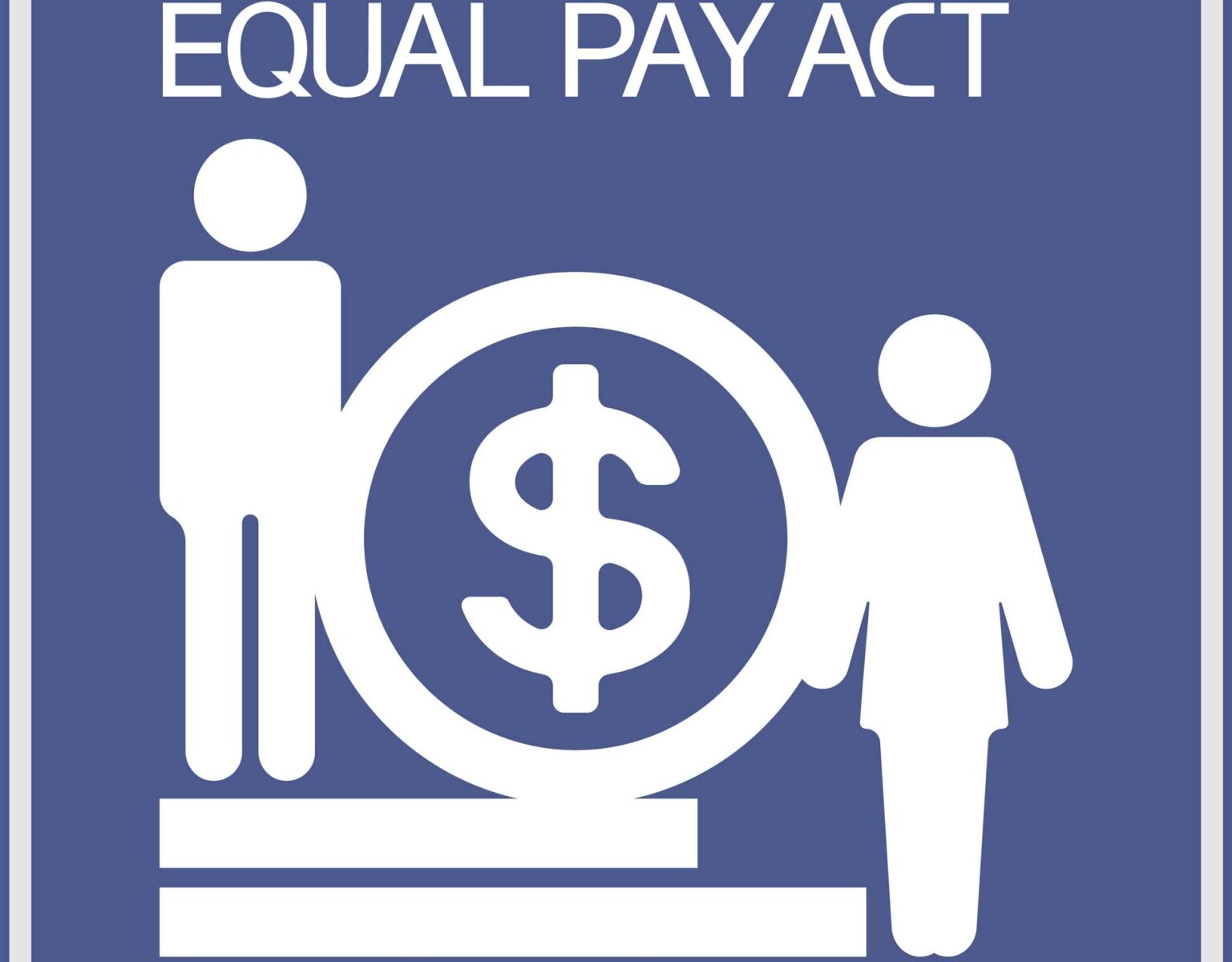The Silenced Workforce: Uncovering the Reality of Wrongful Termination
The meeting invitation arrives with no subject line, just a fifteen-minute block on your calendar. By the time you sit down, the decision has already been made. Your access to email is cut, your laptop is locked, and security is waiting. For thousands of workers, this isn’t a scene from a movie—it is the abrupt, jarring end to their livelihood.
While many terminations are legal business decisions, a significant number cross the line into illegality. Wrongful termination is not just a buzzword; it is a violation of civil rights that leaves devastating emotional and financial wreckage in its wake.
The Human Cost of “At-Will” Employment
In the United States, the concept of “at-will” employment is often misunderstood by employers as a blank check to fire anyone, for any reason. However, this legal doctrine has crucial exceptions. You cannot be fired for your race, your gender, your age, or for blowing the whistle on illegal activity.
Yet, it happens every day.
Consider “Michael,” a senior software developer at a major tech firm in Silicon Valley. (Names have been changed to protect privacy). After five years of stellar performance reviews, Michael raised concerns about his team’s exclusion of older engineers during a restructuring phase. Two weeks later, he was placed on a “Performance Improvement Plan” (PIP) for vague communication issues. A month later, he was gone.
“It wasn’t just the loss of income,” Michael says, reflecting on the six months he spent unemployed. “It was the gaslighting. They made me feel like I had lost my skills overnight. I questioned my sanity before I questioned their motives.”
This psychological toll is a common thread among victims. The sudden loss of identity, coupled with the immediate panic of losing health insurance and income, creates a crisis that extends far beyond the workplace.
Industry Spotlight: The Volatility of Big Tech
The technology sector, often lauded for its innovation, has become a hotbed for complex wrongful termination cases. High salaries and stock options often obscure a culture where ageism and retaliation can fester.
In the rush to streamline operations, developers and engineers are frequently swept up in mass layoffs. However, legal experts warn that these reductions in force (RIFs) can sometimes serve as cover for discriminatory practices. If a layoff list is disproportionately composed of workers over 40, or those who have recently taken medical leave, the termination may be actionable.
“Tech moves fast, and sometimes HR departments cut corners,” explains a seasoned employment attorney. “We see developers fired shortly before their stock vests, or senior staff pushed out for ‘culture fit’ when the reality is they were simply older than their managers. That is not just unfair; often, it is illegal.”
Diverse Situations, Same Injustice
Wrongful termination is not limited to corporate boardrooms or coding bullpens. It strikes across all industries:
- The Pregnant Sales Executive: Fired days after announcing her pregnancy, under the guise of “restructuring” her territory.
- The Injured Construction Worker: Terminated for “safety violations” immediately after filing a workers’ compensation claim for an on-the-job injury.
- The Whistleblower: An accountant who pointed out irregularities in a quarterly report and was summarily dismissed for “insubordination.”
In each scenario, the employer attempts to create a paper trail to justify the firing. This is where the legal battleground lies—proving the stated reason is merely a pretext for the illegal one.
Understanding the Legal Framework
To fight back, you must understand the protections afforded to you. Federal laws like Title VII of the Civil Rights Act, the Americans with Disabilities Act (ADA), and the Age Discrimination in Employment Act (ADEA) form the bedrock of worker protection.
Furthermore, state laws often provide even stronger shields. For instance, California’s Fair Employment and Housing Act (FEHA) offers robust protections against discrimination and retaliation that exceed federal standards.
Recourse for Victims
If you have been wrongfully terminated, the law provides several avenues for recourse. The goal of civil litigation in these matters is generally to make the victim “whole.” This can include:
- Lost Wages: Back pay from the date of termination and potentially front pay for future lost earnings.
- Emotional Distress: Compensation for the anxiety, depression, and reputational harm caused by the firing.
- Punitive Damages: In cases of egregious conduct, courts may award damages specifically designed to punish the employer and deter future bad behavior.
- Reinstatement: While rare, courts can order an employer to give you your job back.
Advice from the Front Lines
If you suspect your termination was illegal, the actions you take in the immediate aftermath are critical. Legal experts advise a strategy of documentation and caution.
1. Don’t Sign Immediately
Employers often present a severance agreement during the termination meeting, offering a payout in exchange for waiving your right to sue. “The pressure to sign is immense,” notes a legal advocate. “But once you sign that release, your case is likely over. Take the document home. You have the right to have an attorney review it.”
2. Document Everything
Write down a timeline of events leading up to the firing. Who said what? Were there witnesses? Did you send emails complaining about treatment? If you still have legal access to non-proprietary personal records, secure them.
3. Seek Counsel Early
Employment law is governed by strict statutes of limitations. Waiting too long to file a claim with the Equal Employment Opportunity Commission (EEOC) or a state agency can bar you from seeking justice.
Reclaiming Your Narrative
Losing a job is traumatic, but accepting an illegal termination is not mandatory.
“I was terrified to speak up,” admits a former wrongful termination victim who successfully settled a retaliation suit. “I thought I would be blacklisted. But standing up for myself gave me my dignity back. It reminded them that I have rights they can’t just write off.”
Wrongful termination cases are complex battles of fact and law. They require digging beneath the surface of performance reviews and official statements to find the truth. Whether you are a developer in a high-rise or a shift manager in a warehouse, your rights remain the same. If you believe your firing was unlawful, you do not have to navigate the aftermath alone. Justice is available for those willing to fight for it.
If you or someone you know has experienced wrongful termination, contact the highly experienced wrongful termination lawyers at Helmer Friedman LLP now. Our attorneys are committed to advocating for your rights and guiding you toward justice.










